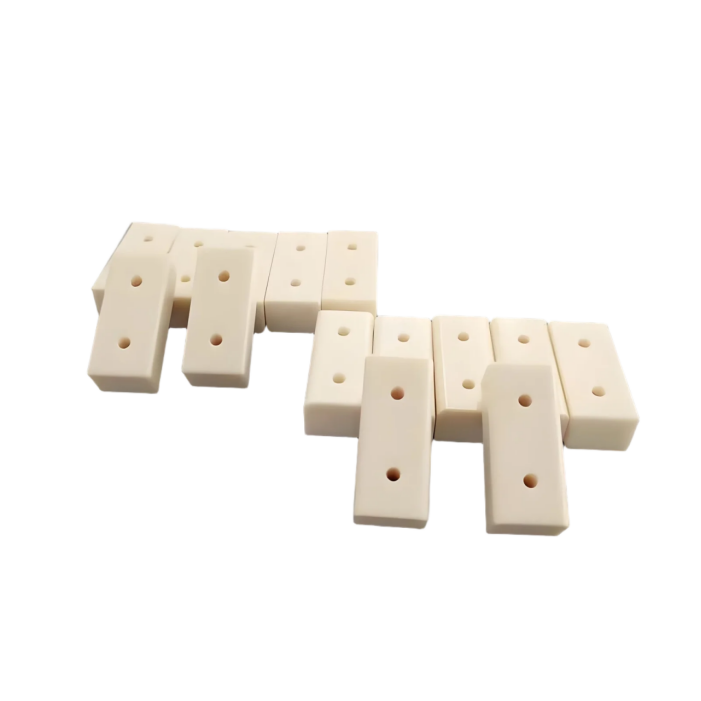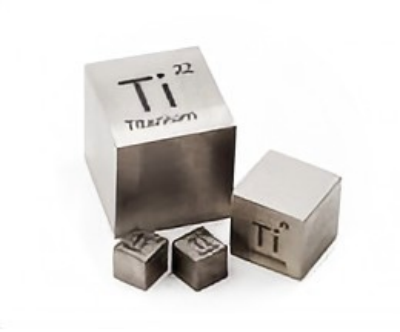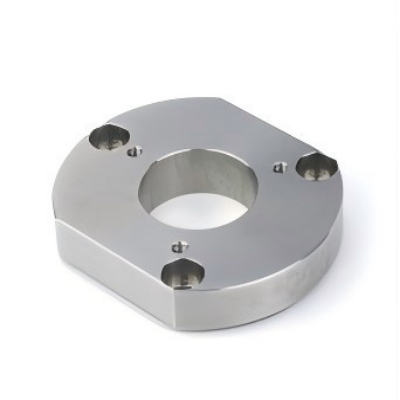Comparison of CNC Machining Materials
The information contained herein is typical values intended for reference and comparison only. They shall NOT be used as a basis for design specifications or quality control.
ABS
Strength, Economical, Processability
ABS (Acrylonitrile-Butadiene-Styrene Copolymer) is a well-balanced engineering plastic with good mechanical properties, excellent impact resistance, and easy processability. These characteristics have led to its widespread application in fields such as consumer electronics, household appliances, automotive industry, and daily necessities.
Titanium
Heat Resistance, Corrosion Resistance, Strength
Titanium alloys are high-performance materials that combine exceptional strength, a superior strength-to-weight ratio, outstanding corrosion resistance, high-temperature stability, and excellent biocompatibility. While costlier and more difficult to process than steels or aluminum alloys, their unique advantages—high strength, light weight, and durability in extreme environments—make them indispensable in aerospace, advanced medical, and deep-sea applications, where performance takes priority over cost.
Steel Alloy 4140
Impact Resistance, Fatigue Resistant
AISI 4140 Alloy Steel is a medium-carbon chromium-molybdenum steel with a carbon content of about 0.38–0.43%. It offers an excellent combination of strength, toughness, wear resistance, and machinability. When heat-treated, it provides outstanding mechanical properties, making it widely used in gears, crankshafts, connecting rods, bolts, and critical components in the oil and gas industry.




